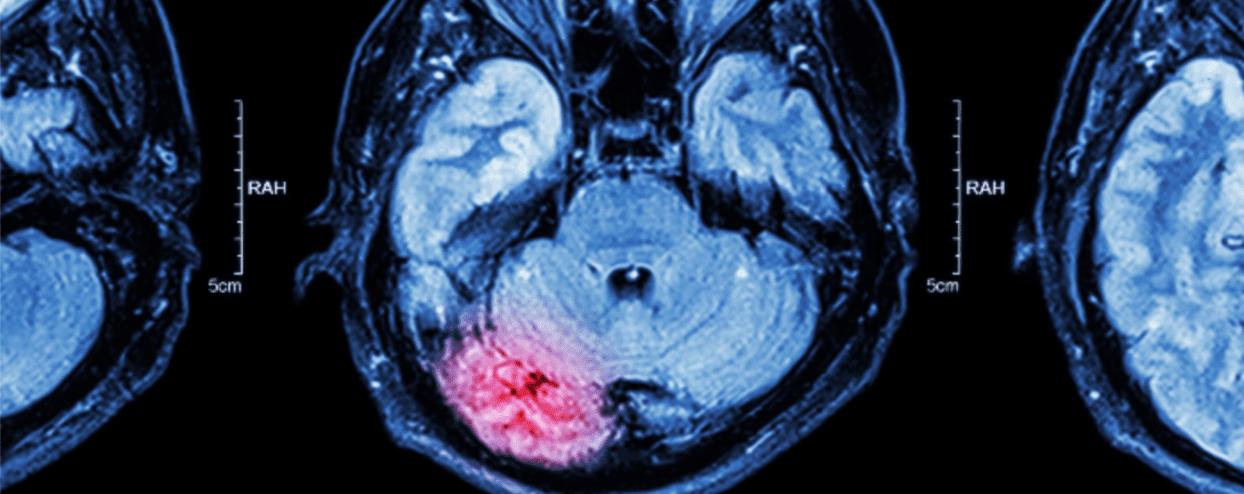Traumatic brain injuries (TBI) occur from an outside force, and are commonly caused by sports injuries and car accidents. In many cases, symptoms can improve over time with the help of therapy. In some cases, however, it’s possible for symptoms to worsen over time. Here’s a closer look at why some cases improve and others appear to decline.
Secondary Brain Injury: In certain patients, complications develop after the initial injury, such as an infection or hematoma. The injury may also cut off blood to the brain, causing brain cells to die. The effects of these secondary brain injuries may not appear right away, which is why some patients’ symptoms seem to worsen over time.
Chemical Events: A brain injury can also trigger chemical changes which lead to worsening symptoms. For instance, the patient may develop an abundance of neurotransmitters, causing brain cells to become overstimulated and eventually die off.
Failure to Receive Treatment: Lastly, if a patient fails to receive proper treatment to facilitate healing following their brain injury, their symptoms are likely to worsen.
How to Minimize the Risk of Worsening Symptoms
Experts don’t know why symptoms worsen in some TBI cases and not others, but there are still factors within your control that can promote optimal outcomes. Here are a few options to consider.
Attend Therapy
Many people recovering from TBI need a combination of physical, speech, and occupational therapy. These rehabilitative programs help you rebuild physical strength, support blood flow to the brain, sharpen your mental skills, and reestablish your daily routine. Most importantly, they keep the brain and body active and can help prevent worsening symptoms.
Keep Your Brain Stimulated
Your brain is a muscle that can benefit from regular exercise. If there’s a type of puzzle you enjoy, such as sudoku or crosswords, try doing some during your downtime. You might also consider music or art therapy to engage your brain. Stimulating your brain encourages it to produce neuropathic growth factors, which kickstart the development of brain cells. Of course, you’ll want to follow your practitioners’ recommendations and avoid overstimulation during early recovery.
Engage Your Neuroplasticity
Neuroplasticity is the mechanism the brain uses to create neural pathways which allow healthy brain tissue to take on functions the damaged portions can no longer accommodate. Repetition is one of the simplest yet most effective ways to engage neuroplasticity. Thus, if there’s a skill you want to remaster, you’ll need to practice it often. Over time, it will start to become easier.
Get Support
TBI recovery can be frustrating, especially if you’ve reached a plateau. Support groups are available to encourage you to overcome plateaus and discuss the ups and downs with first-hand knowledge. Whether you choose to join an online community or meet with a group in person, you may find that sharing your experiences in a supportive setting is a great outlet for the emotional and mental challenges that come with recovery.
Although it’s impossible to say for sure whether someone’s TBI symptoms will worsen or improve with time, the steps above won’t hurt in either case. By staying mentally and physically active and pursuing treatments such as therapy, individuals who have experienced brain injuries can support the best possible outcomes in their recovery. Patients are discovering the alternative option of stem cell therapy to help manage symptoms and assist in the healing process. In particular, stem cells can slow or halt further brain damage and promote healing by reducing inflammation and achieving a tissue-protective effect. If you would like to learn more then contact us today to speak with a care coordinator.


 St. Petersburg, Florida
St. Petersburg, Florida
